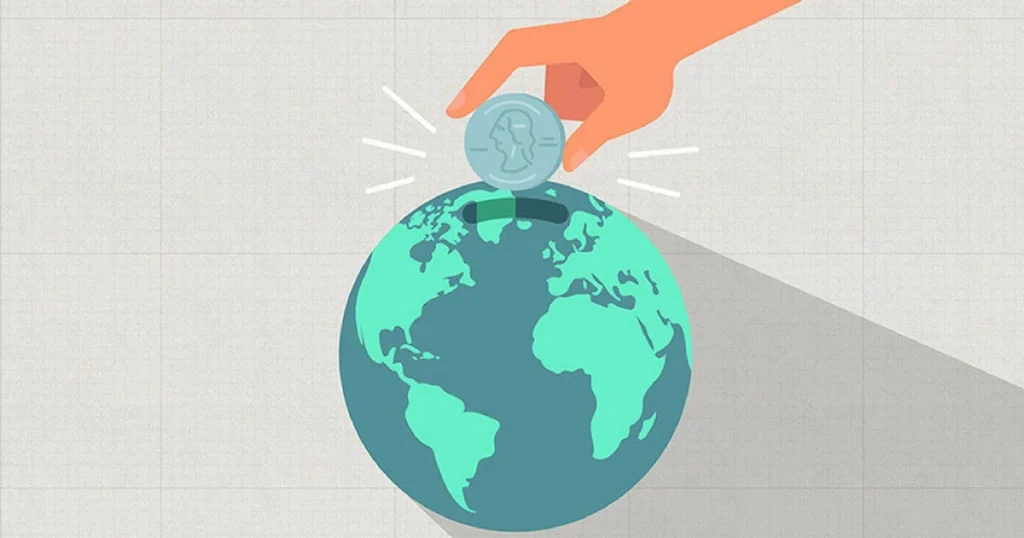In a rapidly globalizing world, investors must consider diversifying their portfolios internationally. This strategy not only mitigates risks but also opens up opportunities for growth that may not be available domestically.
For American investors, venturing beyond national borders can be a game-changer, potentially increasing returns while spreading risk. Understanding the significance of international diversification can offer a more well-rounded investment approach.
Unlocking New Opportunities

International markets can offer unique investment opportunities that are not available within the U.S. By considering foreign investments, Americans can tap into emerging markets and industries with high growth potential.
While the U.S. market is robust, other economies may offer investment gems that can significantly enhance overall portfolio performance. This could include sectors like technology in Asia or renewable energy in Europe, providing fresh avenues for growth.
Additionally, some companies may perform exceptionally well in their home countries but may be underrepresented or less recognized in the U.S. market. Investing globally unlocks access to a wider array of corporations and industries, potentially harnessing better returns. It’s a strategic move to broaden the investment horizon.
Better Risk Management
Diversifying internationally helps distribute investment risk across various markets. Economic conditions can vary drastically between countries, and what’s bad for one might not affect another. By spreading investments globally, one can mitigate the volatility associated with a single country’s economic swings. This creates a more balanced portfolio less susceptible to localized downturns.
For example, political instability or economic crisis in one region might be counterbalanced by stability or growth in another. Diversification thus acts as a buffer, smoothing out returns over time and ensuring that not all assets are impacted simultaneously in adverse conditions. It’s a hedge against unpredictable market dynamics.
Portfolio Performance Enhancement
International investments can boost overall portfolio returns, as they may capitalize on higher growth rates in other regions. Emerging markets, in particular, often offer higher growth rates compared to developed economies. By allocating a portion of the portfolio to these fast-growing regions, investors can potentially enhance their returns.
Moreover, foreign assets might provide dividends and capital gains that are less correlated with U.S. market movements. This non-correlation can smooth out performance over time, leading to more consistent returns. Allocating assets globally ensures that the portfolio can benefit from diversified sources of income, beyond just the domestic market.
Understanding the Risks
While the benefits of international diversification are attractive, it’s essential to consider the associated risks. Foreign investments come with their own set of challenges and understanding these is crucial for making informed decisions. Currency risk, differing regulations, and political instability are significant factors that one must evaluate.
Currency Fluctuations
Investing internationally introduces currency risks, as changes in exchange rates can affect returns. The value of foreign investments is tied to the currency in which they are denominated. A strong U.S. dollar can reduce the value of returns when converted back to domestic currency, while a weak dollar can enhance them. Investors need to be mindful of these fluctuations and might consider strategies to hedge against currency risk.
Regulatory and Political Risks
Different countries have varying regulatory environments and political climates which can impact investments. Changes in laws, tax policies, or political stability can influence foreign markets. American investors need to conduct due diligence to ensure they understand the legal and political landscapes of the countries they’re investing in. This knowledge can help in identifying both opportunities and potential pitfalls.
Additionally, geopolitical events can have sudden and significant impacts on markets. Staying informed about global politics and economics is crucial for managing an internationally diversified portfolio. It’s part of the responsibility of taking on global investments.



